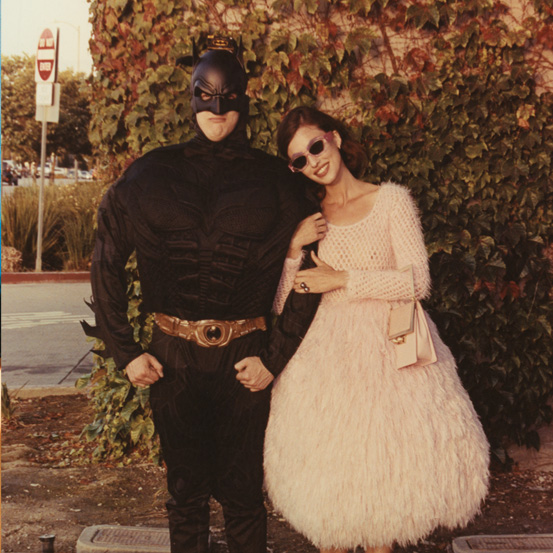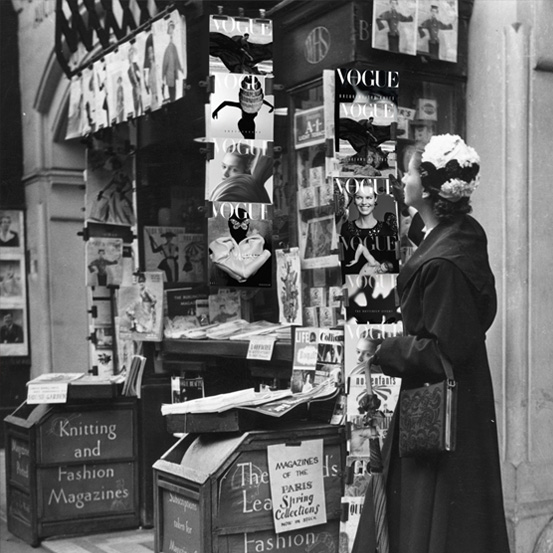Between poses and angles, the images we see on social media are a filtered version of reality, but some are exposing them for what they really are. Vogue spoke to Danae Mercer about how important it is to change the narrative about our bodies and normalize the so called “imperfections”.
Between poses and angles, the images we see on social media are a filtered version of reality, but some are exposing them for what they really are. Vogue spoke to Danae Mercer about how important it is to change the narrative about our bodies and normalize the so called “imperfections”.
Cellulite, stretch marks, bloating, saggy boobs, bra bulge and no thigh gap on sight. We could go on and on about the “wrongs” that we have wanted to change about ourselves and our physical appearances, but we would much rather follow Danae Mercer’s example and look at them for what they really are: true, real and normal parts of our bodies. On her social media platforms, the journalist, content creator and self-love activists shares messages of acceptance and daily reminders of body positivity and self-love, has honest conversations about eating disorders and diet culture, helps demystify the idea that health and happiness are synonymous with a certain number on the scale, and lifts the curtain that so often separates reality from social media, with photos and videos that show how angles, poses and lighting are used to create the so called “perfect” image. In other words, looking at Danae Merce’s Instagram page is stepping into a world where a no filter reality is a reality of hope, normalization and optimism. A reality where our bodies are beautiful, just the way they are. A reality where our “marks” don’t determine our value. The verdict? As Danae puts it, “you were born to be real, not to be perfect”.
How did your journey begin? How did you decide to start showing this raw side of yourself and, consequently, of women?
I started just over a year ago now, and before I started I was doing a lot of traditional kind of fitspo content and luxury travel on my social media. I started to feel disconnected because I knew all the work that happened behind the scenes. These pictures would look perfect and effortless, but in reality, there is so much that went into making that. And I started to feel very disconnected from it, it wasn't me. Around the same time, I saw this artist named Sara Shakeel, and she had done a whole series on glitter stretch marks, and I saw one of her works and in an instant, it changed the way I viewed my own body. And I started to think maybe there is something in this, maybe I could possibly help myself and help other women just change how we see this shell that we are wrapped in.
Most popular


E viveram felizes (para sempre...?): o que é que acontece quando uma feminista se apaixona?
03 Mar 2026
Relacionados





